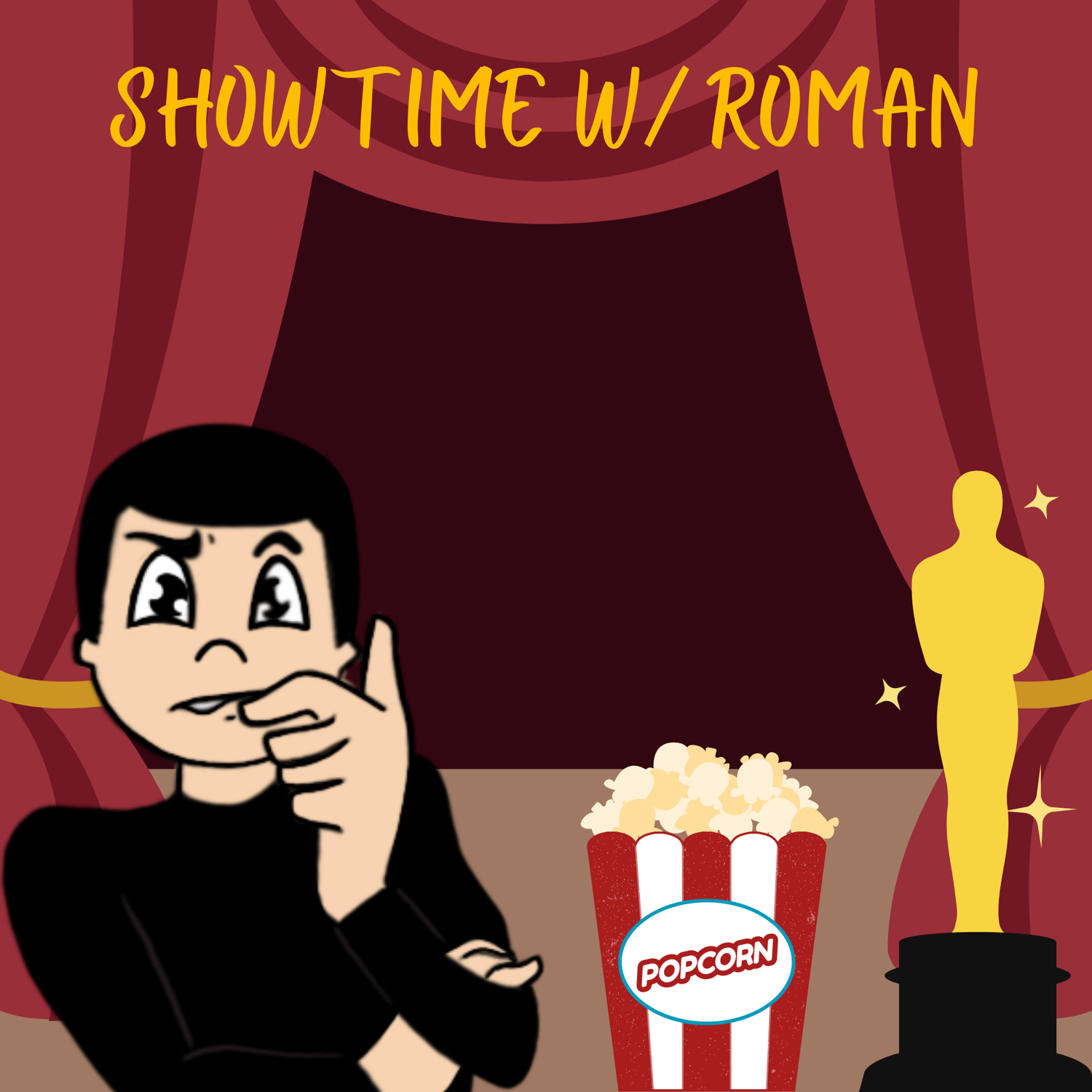Review: The Irishman
- Roman Arbisi

- Oct 12, 2023
- 4 min read

If Goodfellas is about becoming a gangster, The Irishman is about what it means to live with having been a gangster.
At 77 years young, and with a vision as spry and exciting as when he was working on Raging Bull, Martin Scorsese returns to the director’s chair with Netflix’s, The Irishman. Starring Robert De Niro, Al Pacino, Joe Pesci, and Harvey Keitel in this epic 3.5 hour crime epic focused on hitman Frank Sheeran and his relationship with Jimmy Hoffa.
To be quite honest, despite my love and personal connection with Martin Scorsese’s filmography, the trailers for The Irishman didn’t particularly entice me. It appeared as a bland and basic crime epic that hits every beat one would come to expect from a mob movie starring some of it’s biggest players throughout history. This film is anything but bland and basic, and it evolves into something I could not have anticipated. Where other mob movies walk, The Irishman runs. It paces itself for a lengthy marathon of a runtime, and coasts across the finish line. Tired, worn out, heart pounding, sweat glistening, but victorious and weeping for having accomplished something so monumental.

Every studio who passed on this 200 million dollar film missed out on having a film so special a part of it’s catalogue. Instead, Netflix takes the plunge on funding the project, and now The Irishman decorates their hallways and is soon to become the second Netflix film nominated for Best Picture. The craftsmanship put on display here is towering, lined with prestigious, unparalleled talent from past decades where a certain type of movie reigned supreme. In a weird way, The Irishman is just as much of an event film as something like Avengers: Endgame was. Sure it doesn’t have the unforeseen spectacle with 20 films leading up to it, but the behind-the-scenes implications and history of the players involved is just as exciting as it is saddening if The Irishman speaks to what this could mean for the actors and director involved.
What stands above all else in this film, is Scorsese’s ability to really understand what it means to give a movie time to tell a story. Where most movies put their cap at two hours, Scorsese (who has never been afraid to direct longer films before) unravels this thread and manages to give it some meaning that most other directors wouldn’t. It isn’t expository in a bad way, it’s still efficient in prioritizing what beats are important, and Thelma Schoonmaker edits this film to absolute perfection. Not a single moment is wasted and each scene gives the conclusion of the film that much more of an impact. On a technical and fundamental level, The Irishman is a masterclass in long form storytelling with every individual a part of this project on their “A game”.

I don’t know what else to say about this film besides the fact that you should watch it as soon as you can. Carve out a 3.5 hour period, dedicate your time and undivided attention to it, and get lost in the world and characters that Scorsese puts on display. It’s anything but a basic mob movie with a bunch of Italian guys. It’s essentially the mature older brother to Goodfellas, and sort of the other side of the coin that it shares with 2016’s Silence. Another film that confronts a theme that’s also been within the fabric of Scorsese’s filmography since the beginning. Scorsese has always bridged faith and crime in ways that not only contradict characters’ actions to their beliefs, but has come face to face with understanding what they mean to the people involved with them. Men of God, but also men of the Mob; how do they relate to each other and what does it mean for people who believe in almighty good, that commit acts that are evil? Scorsese focuses far less on faith here and rather leans forward and examines not only his place left in Hollywood, but the future of the actors involved. Beyond that, his ability to explore the waning years of existence left for someone who has looked behind his shoulder all his life is poetic. It’s tragic, saddening, and heartbreaking to peel back the layers of someone whose loyalty prevented him from making important, human connections, and when he does, he loses some of himself by the end.
The Irishman is simply breathtaking. It’s an elegy that confronts death with fearfulness, the bond of brotherhood with open-armed embracement, and a reflection of the epic crime drama that elevates the consequences of living a life in the mob. It’s traumatizing, although that life has moved on as you’ve stayed in place. There’s something natural about the way the film exists, how it concludes, and ultimately how it visualizes the death of characters on screen and off. It’s not until the final hour of this movie, like all great movies do, where it hits it’s emotional crescendo. Throwing beat after beat of emotional devastation as fighting back fits of tears becomes second nature by the time the film ends. The Irishman is something remarkable, extraordinary, exquisite, and unforgettable. A movie that feels like Scorsese, De Niro, Pesci, Keitel, and Pacino have been leading up to for decades. This movie is a testament to the actors, the director, and a prime example of the power of film-making. The Irishman is the film of the year, and quite possibly the greatest achievement of Scorsese’s prolific career.






Comments